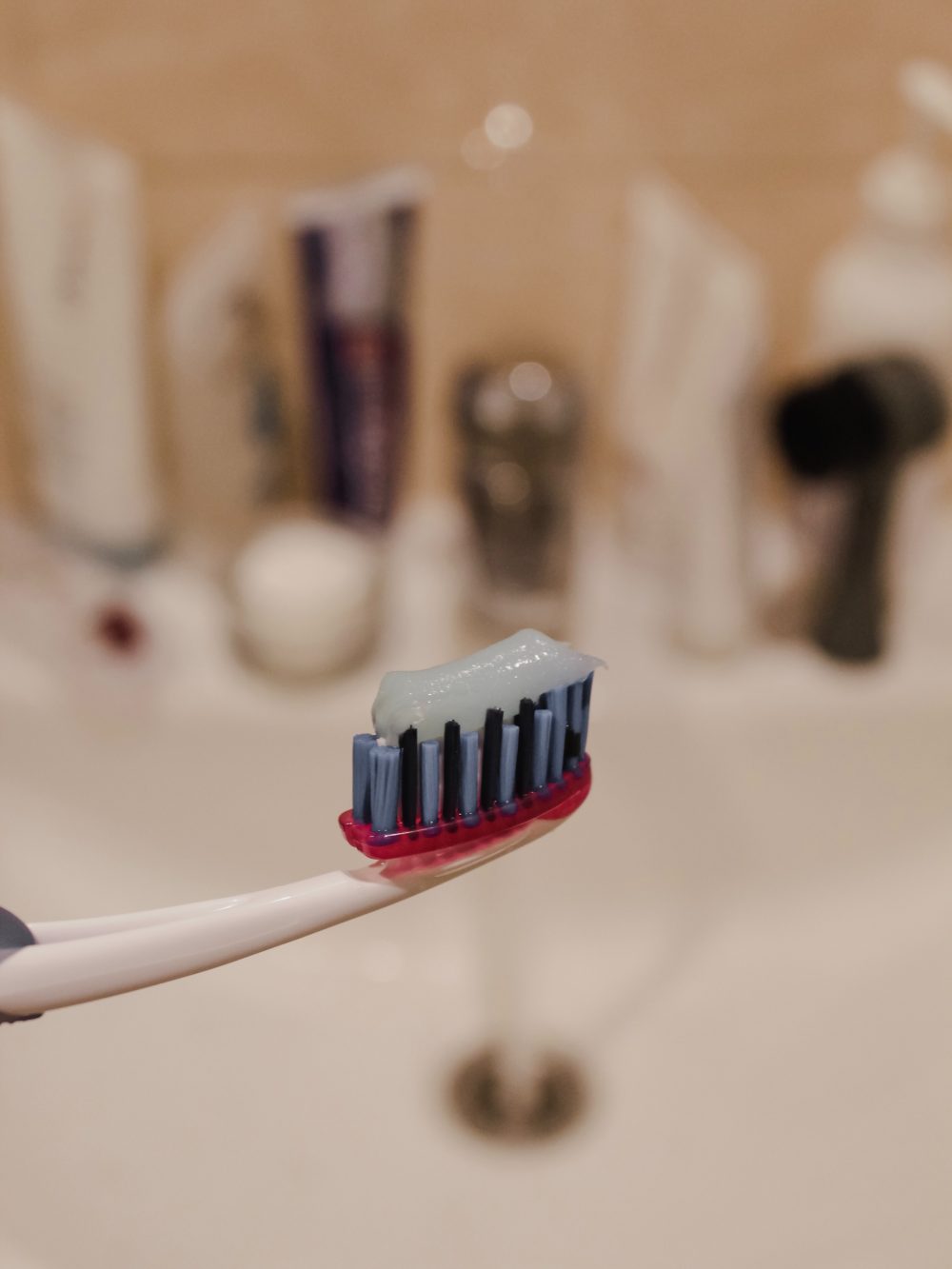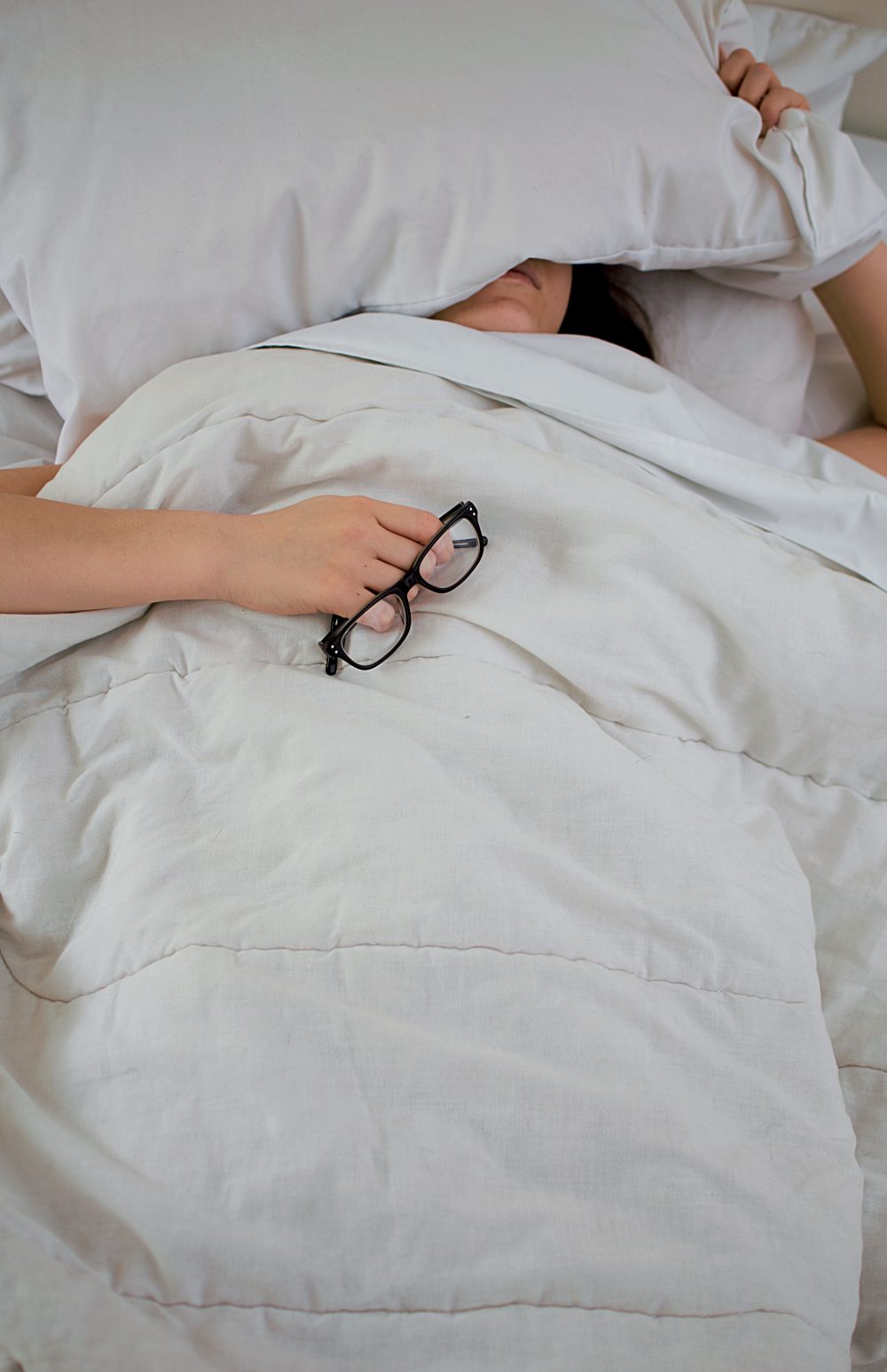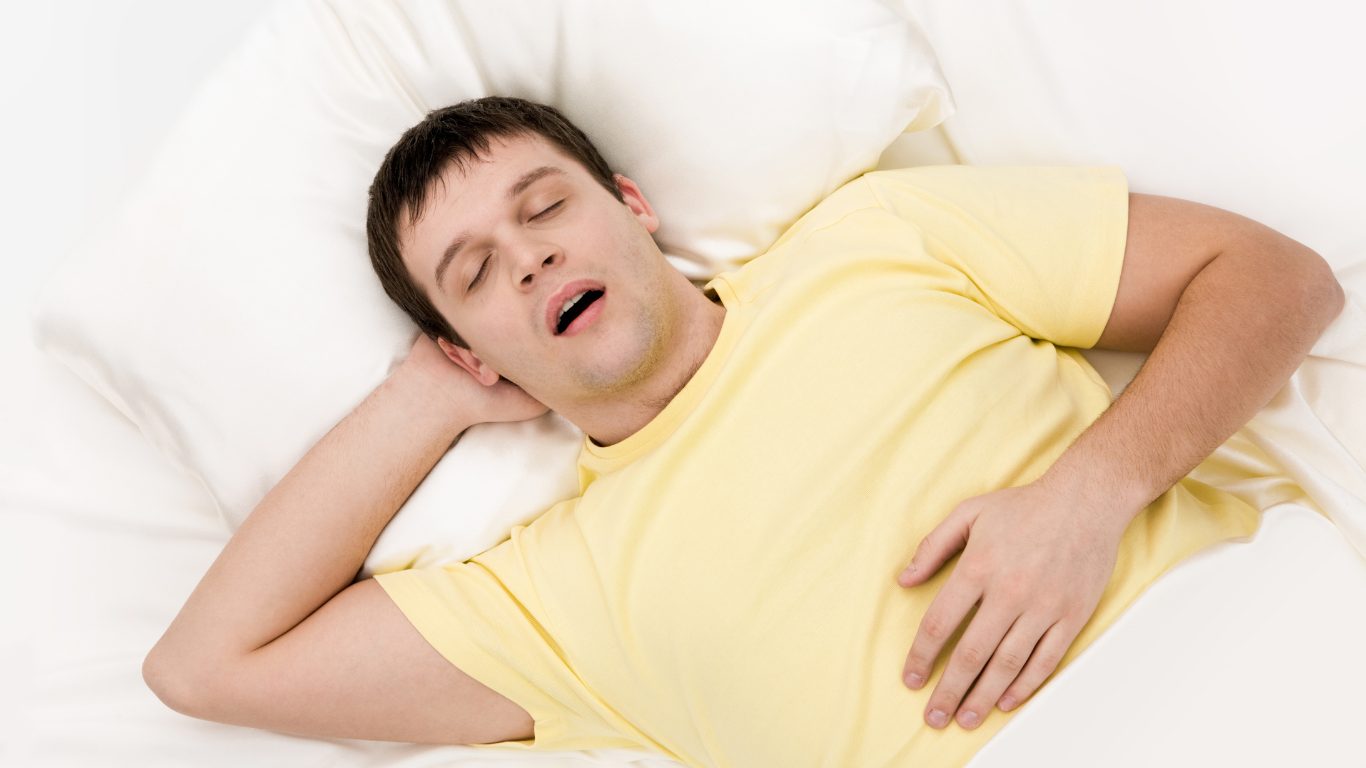
COVID-19 Safety Precautions and FAQs
June 10, 2020
The Importance of Maintaining Good Dental Care Habits
July 22, 2020Occasionally, patients ask us questions like – What is a mouth breather? or Does mouth breathing impact oral health?
We hope this blog post helps you better understand how breathing through the mouth affects both your dental health and your overall health. This post is intended for educational purposes and is not a substitute for dental care. Feel free to talk with your dental provider if you have any questions, issues, or concerns.
Breathing through the mouth may seem trivial, but is associated with a range of health issues not limited to oral health. This is why it is so important not to ignore this symptom. Let’s first discuss what is a mouth breather.
What is a Mouth Breather and How Breathing Through the Mouth Affects Dental Health
What is a mouth breather? Breathing with an open mouth while awake or asleep may contribute to drying out your mouth, your gums, or the soft tissues of your mouth. According to Harvard Health, dry mouth may, in some cases, promote gum disease and tooth decay.
Here are a few possible signs that you may breathe through your mouth while you sleep:
- Your lips are dry or chapped.
- You have chronic bad breath.
- You wake yourself snoring, or a member of your household tells you that you snore.
- You have crowded or misaligned teeth.
- You experience sinus infections, ear infections, allergies, or colds.
- You feel fatigued even after sleeping.
- Your voice is hoarse or weak from a dry throat.
- You have dark circles under your eyes.
- Your mouth or throat feels dry, especially after you wake up.
Some of the symptoms can hint to a serious underlying condition like sleep apnea. Be sure to discuss these concerns with your dentist since they are often the first doctor to diagnose sleep disordered breathing. While there may be oral health issues related to breathing through the mouth, there may also be other serious health issues that need to be addressed.
Sometimes, breathing through the mouth may be caused by a chronic nasal obstruction (CNO). This happens when your body is not able to get enough oxygen from breathing through your nose so it adapts by breathing through your mouth..
When you can’t get enough oxygen through the nose, you automatically start breathing through the mouth. For example, if you ever engage in intense workouts like sprinting, you may engage in mouth breathing. This may be necessary during a workout or intense exertion, but not long-term throughout the day or night, according to Healthline. The best athletes have been trained to breath through their nose for the most oxygen absorption and best athletic output.
The most important thing we can do for our health is to breathe through our nose. Mouth breathing affects many aspects of our health and body processes. Our bodies absorb 18% more oxygen when we breathe through our nose versus our mouth. When we breathe through our nose, we pick up nitric oxide, which is an important molecule in lung and heart function. This nitric oxide is not incorporated in our air if we breath through our mouth. Our noses are also made to filter the air we breathe. Studies have shown that nose breathing filters dust mites from the air we breathe in a matter of minutes as opposed to days when we mouth breath.
Facial development is also affected by the way we breathe. Children that mouth breath, can develop long faces, narrow bones in the mouth and small sinuses. Correcting mouth breathing in children is very important starting at an early age. Setting our children up for proper bone development will help reduce the need for braces and reduce risks of becoming an adult that potentially develops life threatening sleep apnea.
Tips to Mitigate Potential Oral Health Issues From Breathing Through the Mouth
Sometimes people who sleep lying flat space on their backs end up breathing through their mouths throughout the night. This happens because lying flat may allow mucus to accumulate in the nose, resulting in mouth breathing. If so, try propping your head up with a couple of pillows. If that doesn’t help, see your primary care physician for an examination to rule out possible nasal obstructions or anything else that may hinder breathing through your nose while you sleep.
Pay special attention to your oral hygiene if you breathe through your mouth at night. This may happen temporarily due to seasonal allergies, colds, flu, or other respiratory illnesses. Or it may be a more chronic problem.
Either way, be sure to brush your teeth before going to bed and again during the day using a soft bristle toothbrush and fluoride toothpaste. Also, floss daily to prevent the buildup of bacteria between the teeth, under the gum lines, and in other hard-to-reach places.
Sip plain water throughout the day to keep your mouth and throat hydrated. If you have a cold or allergies that cause you to breathe through the mouth, consider sucking on sugar-free lozenges or cough drops to help lubricate your mouth.
Seek Appropriate Medical Care
Depending on what causes you to breathe through your mouth, you may need to seek treatment from a doctor as well as a dentist.
The appropriate treatment will vary depending on the cause. For example, according to the Mayo Clinic, obstructive sleep apnea may be one potential cause of nighttime mouth breathing. Sometimes a doctor prescribes a face-mask appliance to wear at night known as continuous positive air pressure therapy (CPAP).
Seasonal allergies also may cause mouth breathing. If the cause is an allergy, then your doctor may recommend over-the-counter or prescription nasal decongestant or antihistamine. Please inform all of your medical providers of any supplements, over-the-counter medications, and prescription medications that you take. This reduces the risk of adverse reactions from the wrong combination of medications.
For some people, stress may increase the likelihood of mouth breathing. Some people respond well to relaxation techniques like meditation, breathing exercises, or yoga.
Since there are so many different causes and consequences of mouth breathing, it is important to see your doctor and your dentist for an examination and diagnosis before committing to any treatment plan.
Finally, mouth breathing affects both adults and children and should be addressed as soon as it is noticed. Medical attention is crucial because this can be a sign of serious conditions that may negatively impact a child’s healthy development. Parents Magazine published an article that describes some of the issues specific to child health and development.
Seek Dental Care
Southview Dentistry evaluates
Breathing through the mouth can impact dental health by contributing to dry mouth, tooth decay, or gum disease.
Also, sometimes your oral health may influence, exasperate, or cause mouth breathing. For example, small jaw, tooth alignment, tonsil and throat anatomy or other structures linked to breathing through the mouth at night. If this is the case for you, your dentist may be able to prescribe treatment that offers relief or mitigates the impact.
We hope this article helped clarify the question – what is a mouth breather? If you think you may breathe through your mouth, be sure to discuss your concerns with your dentist.
Charlotte-area residents have trusted their mouths and their smiles to Southview Dentistry for over a decade. If you are looking to establish care with a dentist near Charlotte, call us today for more information and to schedule an appointment.




